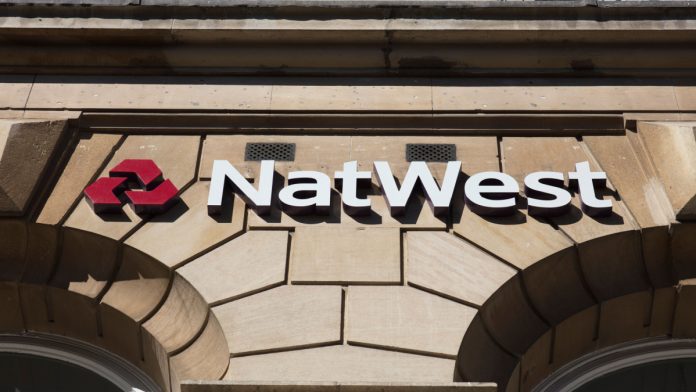NatWest has made an eyebrow raising decision to shut down its buy now, pay later (BNPL) offering after just two years.
The UK bank confirmed that its instalment-based payment method accounts will close on 7 May 2024, instead opting to focus on its other credit-related solutions.
A NatWest spokesperson said: “We are focusing on our core lending products, helping customers spread the cost of their purchases through our credit cards, overdrafts and loans. This means our Buy Now Pay Later proposition will be closing.”
Upon launching its BNPL offering to customer accounts during the summer of 2022, this aligned with the sector’s growing popularity in the payment method amid a backdrop of rising costs for goods and services.
On its initial launch announcement in March 2022, NatWest said that there was a “clear demand” from its customers for BNPL as opposed to its credit cards, which had interest attached to them whereas BNPL transactions did not.
Two years later, the high-street bank revealed that its instalment-based offering did not have the desired effect as it had originally thought, with its customers opting for the instalment-based credit cards.
This has led to Liz Edwards, Money Expert at Finder.com, theorising that not only may other banks and financial services providers with BNPL offerings follow suit, it may appear to be the first decline in BNPL’s popularity.
Alongside dedicated BNPL providers such as Klarna and Afterpay, institutions such as Visa, Westpac, Alipay and more take advantage of the surge in popularity of the payment method by getting involved in one form or another.
This has also led to Edwards speculating that because of the influx of businesses now offering BNPL, the market has become crowded and whilst still being unregulated in a majority of countries, consumers are having difficulty in placing trust in the method.
She told Payment Expert: “Our research shows that half of Brits have used buy now, pay later, which is up from around one in three at the start of 2023.
“Although numbers have been growing, BNPL has become an incredibly crowded market – in the last couple of years, as two providers were crowded out. Openpay collapsed last year and Zip exited the UK in 2022 after a major loss. So I wouldn’t be surprised to see more providers deciding it’s time to stop BNPL.
“BNPL can work well for many people, but there’s huge confusion among consumers about the fact they’re taking on a debt and some estimates say around one in 10 who use it end up being chased by debt collectors.
“Although the current government has dragged its heels when it comes to regulating BNPL, Labour has said it will regulate the industry to protect consumers, which is badly needed. So that may cause more providers to be reconsidering at this point.”
BNPL regulation has been a topic of debate since its rise as a prominent payment method. The Financial Conduct Authority has also become increasingly wary of the lack of protection to customers who use BNPL, sending warnings to firms over potentially risky financial promotions.
The UK halted discussions surrounding regulation last year as a way to halt the sector’s growth.
Inadvertently, BNPL transactions only grew further – in particular during busy retail shopping period times such as Christmas – as consumers flocked to the payment method to ease the brunt of the cost-of-living crisis that is still felt to this day.
Despite this, the sector’s largest player Klarna has openly welcomed regulation but stressed that its introduction should be “introduced wisely”.
























